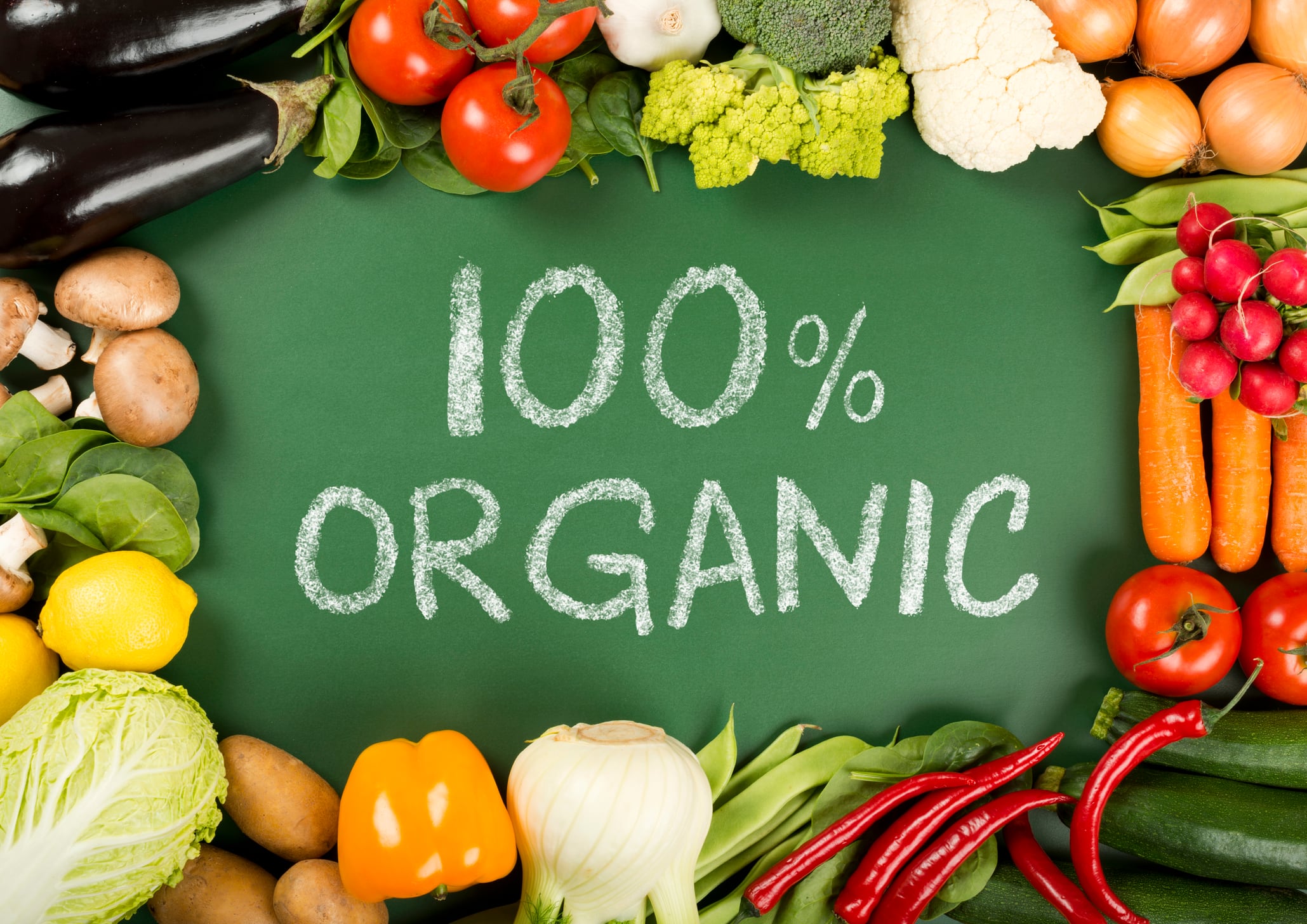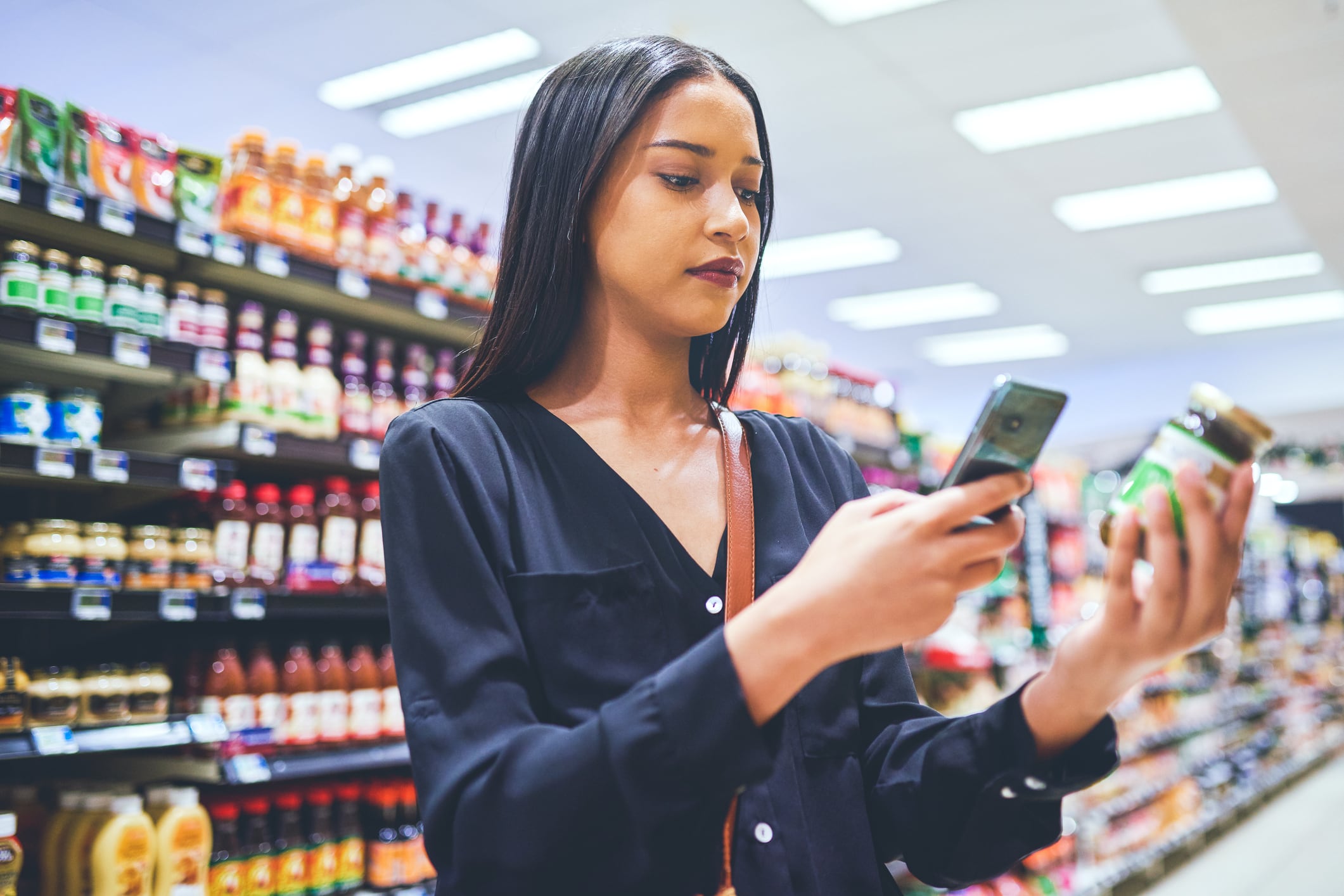The Food Safety and Standards Authority of India (FSSAI) has issued a strong advisory against the use of ‘100%’ claims on food and beverage products, citing concerns about misleading consumers through packaging and promotional materials.
The FSSAI noted a “noticeable surge” in the use of ‘100%’ across product labels and promotional platforms.
Its concern is backed by emerging research and case studies showing that such absolute claims can confuse consumers and potentially backfire on brands.
What are ‘100%’ claims?
These are marketing statements that use the term “100%” to signal absolute purity or superiority – such as “100% organic", “100% natural juice", or “100% recycled". While they appear definitive, they can be misleading if not fully accurate or substantiated, especially when parts of the product (such as certain ingredients or packaging components) do not meet that standard.
Does ‘100%’ really mean perfection?
Marketers often assume claims such as “100% organic” or “100% natural juice” make products more appealing.
The idea that ‘100%’ claims denotes perfection is explored by a study in the Journal of Psychology & Marketing, which found that this intuition drives the widespread use of 100% claims to describe product makeup and quality.
Researchers Nira Munichor and Liat Levontin used the term “pseudo-relevant ‘100%’ claims” to describe statements that sound perfect but lack meaningful context.
They wrote: “By appearing to be, but actually not being, relevant to the judgment at hand, these so-called pseudo-relevant 100% claims may mislead consumers into making baseless positive assumptions regarding the focal product.”
However, this strategy could backfire on brands.
Munichor and Levontin discovered that when consumers saw labels with ‘100%’ claims that weren’t substantiated – such as lacking additional relevant info – they were less likely to like or want the product.
This negative effect was even stronger than for labels using numbers close to 100% – like “98% juice” – or those with no numbers at all, such as just “pure juice”.
Interestingly, the study also found that consumers who purchased products with hollow ‘100%’ claims could be perceived as less discerning or gullible, especially in cases where the claims are not backed by credible evidence.
This lack of substantiation is precisely why regulators and consumer groups are taking aim at the indiscriminate use of ‘100%’ claims.
Rampant use of misleading promotional terms
The misuse of ‘100%’ also ties into greenwashing, where brands overstate their environmental credentials.
This was especially apparent during the COVID era, when environmental awareness surged and sustainability became a key selling point.
A 2021 global sweep by the International Consumer Protection and Enforcement Network (ICPEN) found that 40% of green claims were potentially misleading.
This issue remains pressing.
In May 2025, Coca-Cola reportedly committed to be more transparent about its sustainability labelling after criticism of its misleading plastic bottle claims.
According to business publications Brand Equity and Packaging Europe, Coca-Cola will stop claiming that its bottles are 100% recycled plastic, since the labels and caps are not made from recycled material.
This move followed a 2023 complaint filed with the European Commission by 13 consumer groups and the European Consumer Organisation (BEUC).
The complaint accused brands of misleading consumers with “100% recyclable” or “100% recycled” claims.
Coca-Cola, Danone, and Nestlé were among the brands named in the complaint, as reported by Reuters.
In light of these developments, FSSAI’s effort to clamp down on absolute claims like ‘100%’ is a timely and a strategic step to protect consumers and rebuild trust in food labelling.
Ambiguous and potential for misinterpretation
In a recent press note, the FSSAI acknowledged the term ‘100%’ is undefined under the current Advertising and Claims Regulations of the Food Safety and Standards (FSS) Act.
However, the FSS Act “strictly prohibits any advertisement or claim that undermines other manufacturers or influences consumer perception in a misleading manner”.
Violations can result in fines up to Rs10 lakhs (US$11,635).
“Claims must be truthful, unambiguous, meaningful, not misleading and help consumers to comprehend the information provided,” the advisory said.
“The use of the term ‘100%’ – whether in isolation or combined with other descriptors – is likely to create a false impression of absolute purity or superiority.
“This could mislead consumers into believing that other comparable products in the market are inferior or non-compliant with regulatory standards.”
India’s ongoing efforts to improve food safety and transparency
This move is part of FSSAI’s broader push for clearer labelling and consumer protection.
It has rolled out new labelling requirements and launched a digital platform for consumers to report misleading food claims, reinforcing its commitment to transparency and informed choice.





